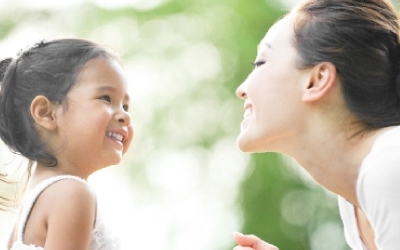Where Did I Come From? Talking to Your Kids About Sex
The first time you name the parts of the body to your toddler, his or her sex education has begun. What you teach your children can have a big impact on their future sexual wellness, as well as other aspects of their wellbeing, and so seemingly simple questions like: “Where did I come from?” and “Why is my body different from your body?” can put a lot of pressure on you and your family wellness.
However, the earlier you open that dialogue with your child, the better, because it will help them to continue talking to you about sex and sexual health throughout the years. Robie H. Harris, author of many children’s books, including It’s Perfectly Normal, and Who Has What, says that her advice to parents who have not started talking with their kids yet is; ‘Just roll up your sleeves, take a big breath, and start in as soon as you can, and if possible, before puberty begins. Our kids know we are not perfect, so if you fumble or mumble, just know that you can go back the next day and talk with your child again.’
But if you are worried about fumbling your way through it, there is help available. Many children’s and teenagers’ books exist around the subject of sexuality which can help you to figure out what information your kids need at every age and stage. These books can provide you with the language you need to talk with your children about this complicated topic, and sharing the book with a young child, or letting your older child read one independently, can help to get the questions and conversations about sexual health started.
Your child or teenager can only make responsible choices about sexual health when they have a solid understanding of their bodies and sexuality. Sex comes with real and serious risks, such as sexually transmitted infections and pregnancy, as well as the emotional outcomes of having sex. Do you want your teenager to find out their information from unreliable websites or their just-as-misinformed peers? Education is one of the most effective prevention tools you have as a parent, and so talking to your kids and giving them responsible resources can help them stay healthy throughout childhood and adolescence.


Comments are closed.